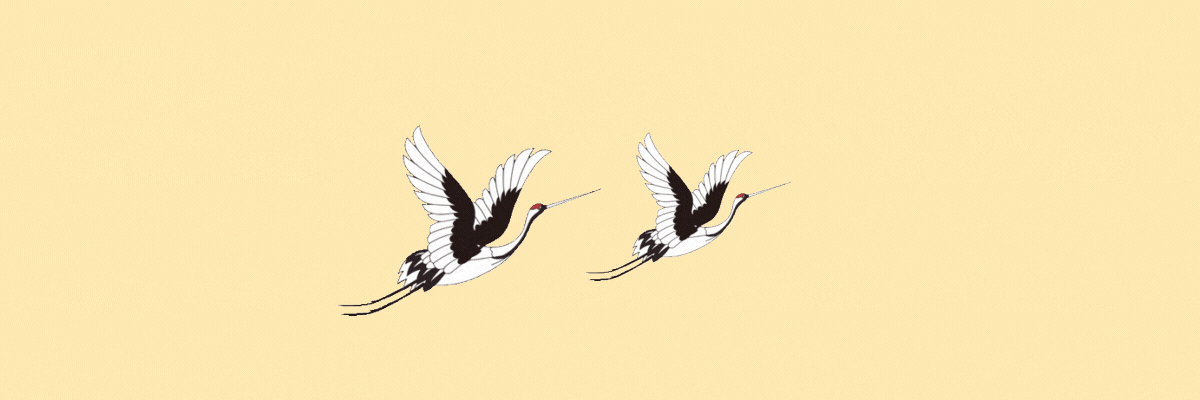


Taoist Chinese Medicine
Taoist Chinese Medicine is an integrated health care system that is over 5000 yrs. old. This holistic energy medicine originated in the region of China and is now practiced in different countries around the world, including: Japan, Korea, Vietnam, Europe and America. Treatment methods include: acupuncture, acupressure, cupping, moxibustion, qigong tui na massage, Chinese herbal therapy and nutrition. The Chinese Medicine and healing arts we practice and teach at White Crane combine ancient Taoist lineage traditions with contemporary knowledge of Oriental medicine.

Acupuncture is the most familiar modality within this system.
Acupuncture points are located in the small depressions or hollows in the skin called points or gates. Through these gates, the practitioner can access the internal streams and rivers of energy that transport Qi, Blood and Fluids. Qi and Blood give sustenance to the interaction and cohesion of mind, body and spirit.
In the realm of acupuncture, the most common energetic pathways used are the 12 meridians or regular channels. These meridians connect to the yin and yang organ systems of the body. This system is generally emphasized in Chinese medical schools; however, there are 8 energy channels that are equally valuable, known as the 8 Extraordinary vessels.
Qigong Tui Na Massage is a special branch of Chinese Medicine that is not as well known as acupuncture or other forms of Chinese therapies in the west. This process of working with the natural energies within the body helps it to adapt to the natural energetic surroundings in which it exists. Qigong tui na helps to reconnect, coordinate and bring the body back to its original balance.


The use of herbs in China dates back thousands of years and there is an extensive Materia Medica that has been compiled over the centuries. Herbal therapy is used to supplement and direct the body’s healing energy to improve it physiological functions. Herbs can enhance the efficiency of digestion, metabolism and circulation to balance the energy of the body and create a healthy and harmonious internal environment.
In eastern medicine and nutrition each individual is seen as a whole and treated as the unique individual they are. Food is viewed by its energetic influences on the body. For example, inside our bodies exists an environment that the Chinese describe in terms similar to the outside. An individual can be hot or cold, damp or dry, excess or deficient. Food can be warming or cooling, drying or moistening, supplementing or draining.

